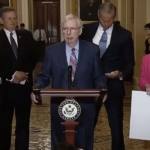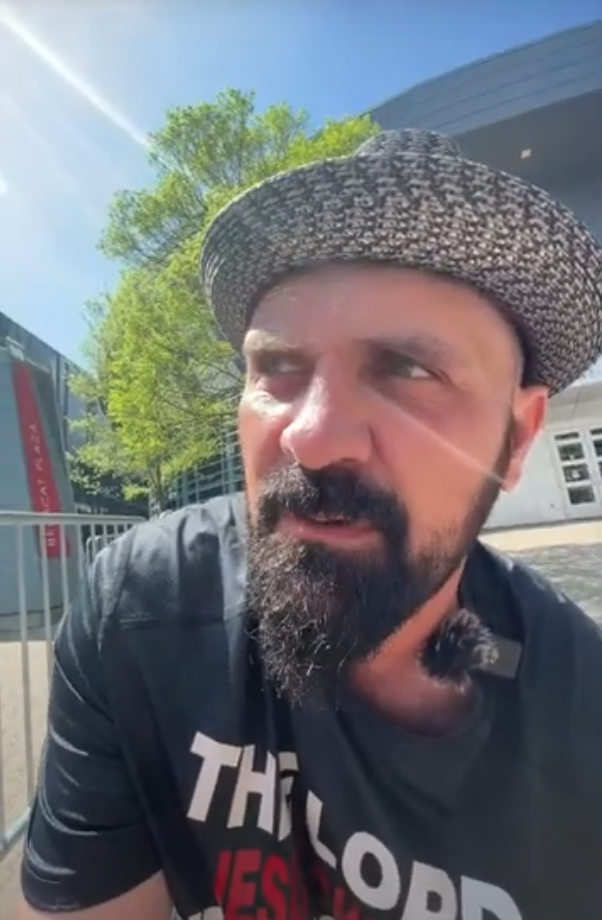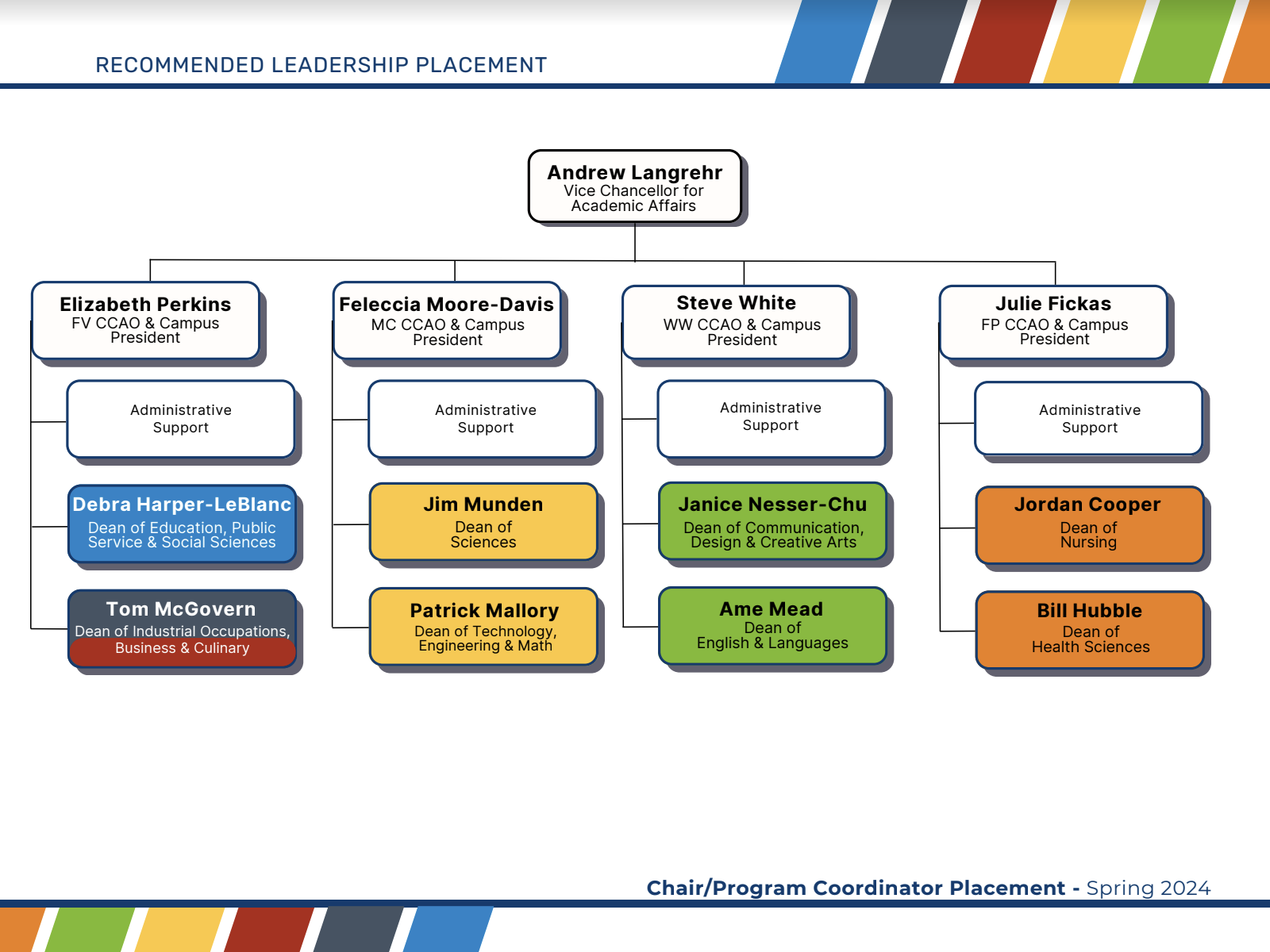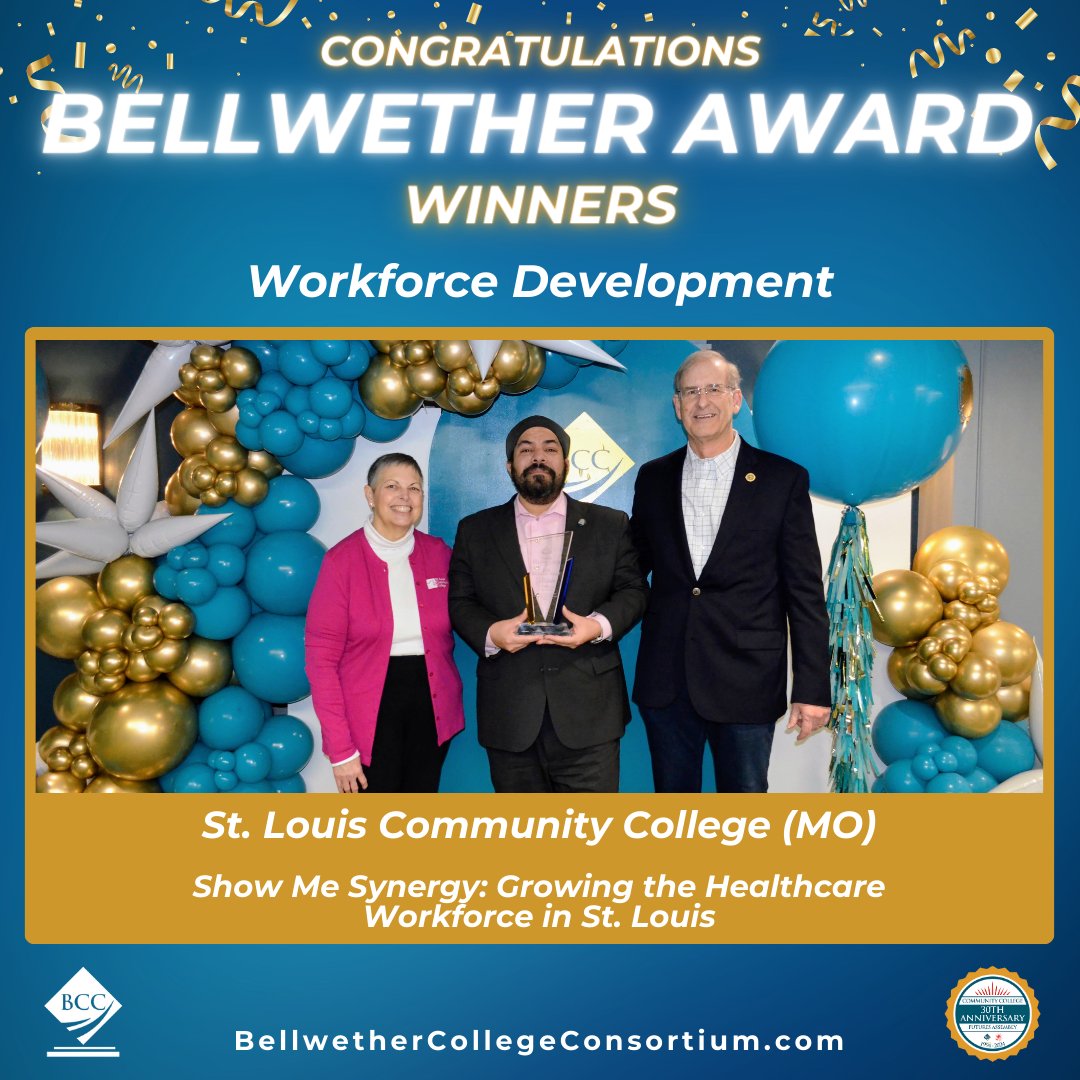For the last five years, STLCC-Meramec has partnered with Gateway Media Literacy Partners. Five of the events this year took place on Meramec’s campus.
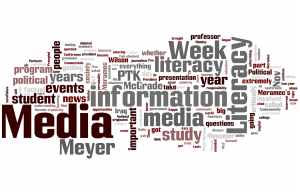 Victoria Barmak
Victoria Barmak
-Staff Writer-
As in previous years, the Media Literacy Week events, which hosted 13 workshops and seminars Nov. 5 – Nov. 12, brought together students, researchers, community residents, journalists and educators to learn and discuss what media literacy means.
For the last five years, STLCC-Meramec has partnered with Gateway Media Literacy Partners. Five of the events this year took place on Meramec’s campus.
Media Literacy Week originated in 2004 when Eric Meyer, associate professor in English came across an article that cited a study about the sources of factually incorrect information. The study, called “Misperceptions, the Media and the Iraq”, asked participants factual questions about the Iraq war.
“Tons of people got the factual questions wrong,” Meyer said. “The study got me to realize that the big part of the problem involved the media and how people interact with the media.”
Prompted by what he learned from the study, Meyer went to a National Conference For Media Reform where he found that media literacy crosses all disciplines and touches almost everything. ”It really is just an extension of standard literacies,” Meyer said. While at the conference, Meyer began planning Meramec’s Media Education Week which debuted at Meramec later that year and in 2009 became Media Literacy Week.
Over the years, the event has attracted such prominent figures as Jackson Katz, Ph.D., Gender Scholar, one of America’s leading anti-sexist male activists as well as KSHE’s Radio Rich Dalton, St. Louis’ own air personality for more than 30 years.
The Meramec student body has also been involved in Media Literacy Week events. The Montage student newspaper presents annually and Phi Theta Kappa (PTK) was added to this year’s program.
When Meyer approached PTK President Robyn McGrade about organizing a student-run program for the Media Literacy Week, she jumped at the opportunity. Currently, the study topic for PTK, the national honor society for two-year colleges, is political literacy.
“Media literacy has a lot of amazing information to offer, and the more opportunities you have to get people to want to participate in deciphering information around them, the better. Ideally, media should be responsible for giving us fact-checked information. But since that is not the case in our day and age, we have to take on a responsibility of our own to be knowledgeable about what’s going on,” McGrade said.
On Monday, Nov. 7, McGrade and Mark Wilson, student government president, gave a presentation called Political Media Literacy: Deciphering our Political Commercials.
“Media literacy is extremely important because every day we are bombarded with media from the Internet, TV, billboards and advertising in stores so the ability to read through that is extremely important for everybody,” Wilson said. “But as a college student, a big part of education is learning how to think critically, and if you cannot go out into the world and critically interpret what you see and what you take in you are not going to be as great of an asset to the society or to yourself.”
Dr. John Messmer, political science professor has supported the Media Literacy Week program events each year. This year, his class attended the PTK presentation.
“You should have a care about information; there should be a natural concern. Am I getting the right news or am I being manipulated? Am I getting a short end of the stick? Got to question everything,” Messmer said. “We are talking about being able to digest the information, and understanding the truth. Whether or not it is celebrity news or whether it is political news, whether somebody is trying to sell you cornflakes or a car, information is still information. That’s why media literacy is fundamentally so important.”


